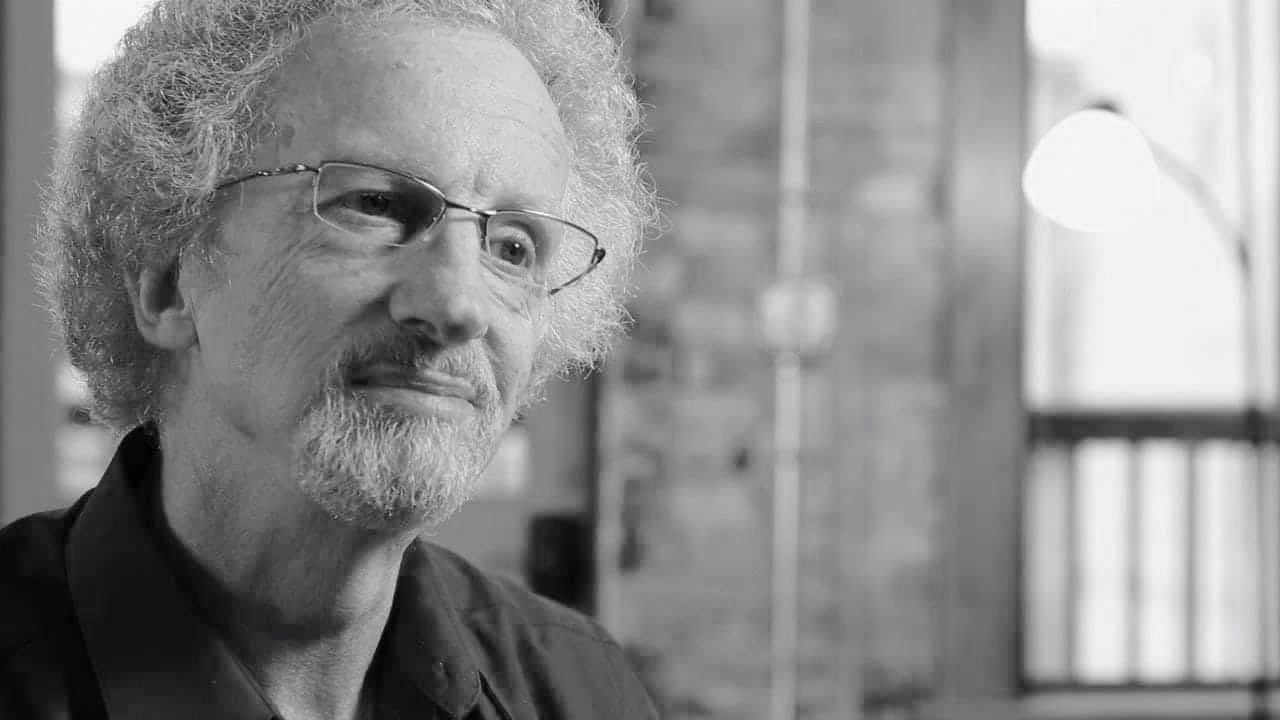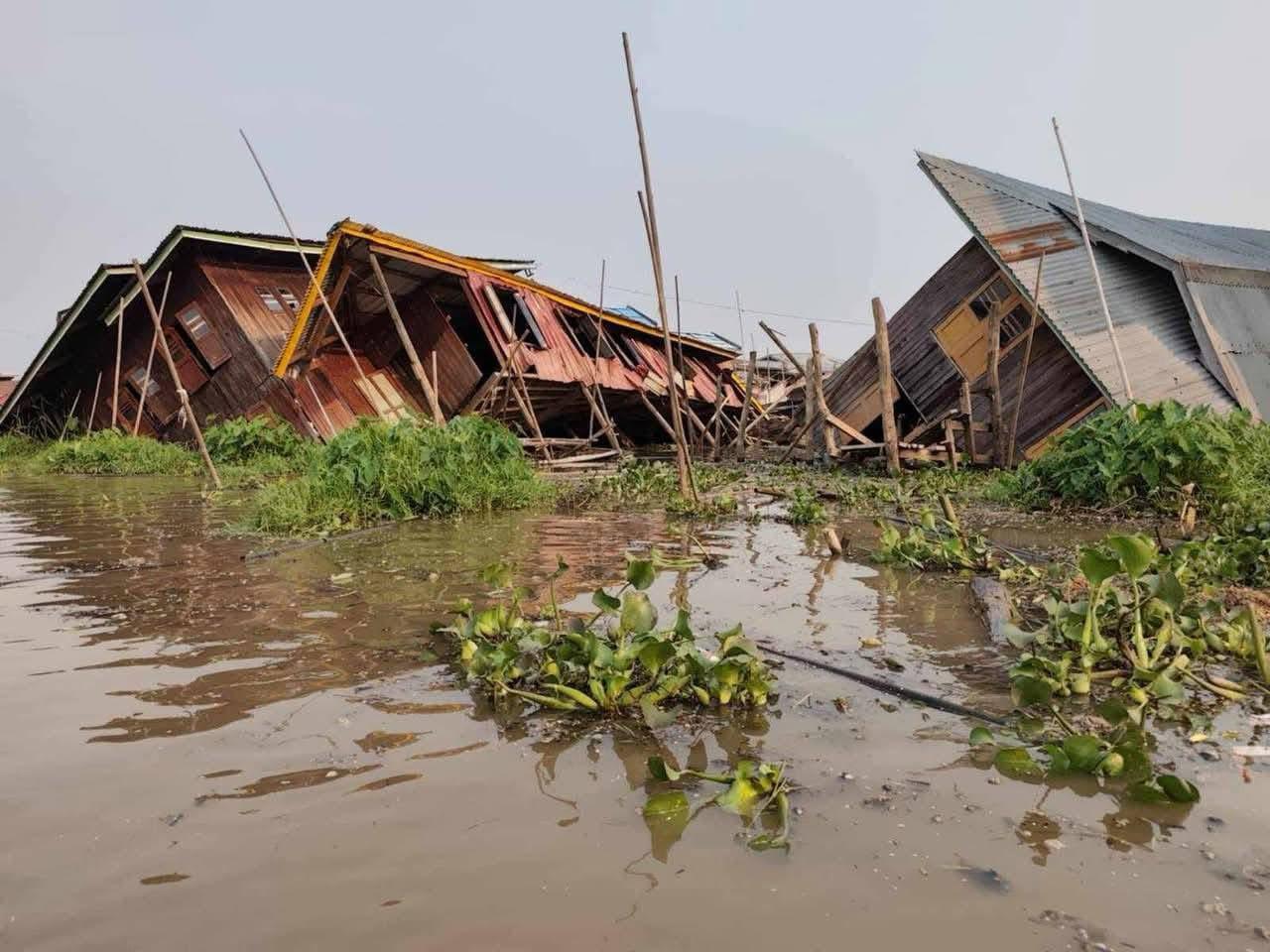“I’m an advocate of doubt – that’s why I became a Christian in the first place”: Philip Yancey
Salt&Light // May 30, 2019, 6:53 pm

"Doubt is something almost every person experiences at some point, yet something that the church does not always handle well," said best-sellling author, Philip Yancey.
Philip Yancey is best known for the books he writes – more than 20 titles with over 15 million in print in over 50 languages worldwide.
His best-sellers include Disappointment with God, Where is God when it Hurts, What’s so Amazing about Grace? and Prayer: Does it make any Difference?
I was converted by gratitude, not fear.
Topics that face, with unmatched honesty, the most central issues to the Christian faith.
Yancey, who once left the faith as a young adult, says that he writes books “to tackle different problems with faith – things I wonder about or struggle with”.
Doubt is not the antithesis of faith.
In fact, Yancey says: “Doubt is something almost every person experiences at some point, yet something that the church does not always handle well. I’m an advocate of doubt, because that’s why I became a Christian in the first place.”
He shares some of his thoughts on doubt and faith in an interview with Salt&Light.
Your books tackle questions that many believers ask but sometimes struggle to voice out. What drew you to these questions?
I grew up in an unhealthy church which provided answers that didn’t add up. They taught that God answers every prayer in a satisfying way, that Christians have a special protection around them that insulates them from much suffering, that our main purpose in life is to get through it to “the other side”, or heaven.
God is not threatened by our doubts and laments. Indeed, our sacred book is full of them.
Also, there was little room for doubt or questioning; we were to listen to the pastor, and follow him.
As I became a writer, I found I had the freedom and opportunity to explore faith issues openly and honestly. We all have questions and doubts, but most people have full-time jobs, and only think about such things at church, or on weekends and evenings. I have the privilege – and it is a privilege – to explore these questions of faith full-time.
I find most encouragement and boldness from the Bible, for I know no more honest book.
Read the Psalms, Jeremiah, Job, Habakkuk, and you realise that God is not threatened by our doubts and laments. Indeed, our sacred book is full of them, giving us the words to use in advance.
What milestones contributed to your personal faith journey?
I credit an unusual sequence that led me back to faith. The beauties of nature, classical music, and romantic love taught me that the world is a good place, still bearing signs of its original design.
I stared death in the face, and I felt a deep trust in a God of forgiveness and mercy, a God worthy of our trust.
I like to quote GK Chesterton who said: “The worst moment for an atheist is when he feels a deep sense of gratitude and has no one to thank.”
I was converted by gratitude, not fear. I wanted to know the Artist who gave us the Great Barrier Reef, the birds you can see in the Bird Park in Singapore, and the magnificent Rocky Mountains where I live.
And so I gradually turned to God.
Later, for almost 10 years, I wrote books with Dr Paul Brand, a leprosy surgeon who lived in India among some of the most neglected people on earth – leprosy patients from the Dalit (formerly Untouchable) caste.
From him and his wife, I learned the profound truth of Jesus’ statement that is repeated in the Gospels more than any other: You find your life by losing it. A fulfilling life is not about acquisition, no matter what advertisements tell you. It’s about serving others.
Jesus communicated love and attraction, and as a Jesus-follower I want to do the same.
Then, in 2007, I had a life-threatening accident in which my vehicle skidded on ice and fell off a cliff.
My neck vertebrae had broken into several pieces, and for several hours doctors were trying to determine whether a bone fragment had punctured a major artery. If it had, I wouldn’t have lasted the night.
I stared death in the face, and I felt a deep trust in a God of forgiveness and mercy, a God worthy of our trust.
In a sense, each of my books is a milestone along my faith journey, but these three experiences were formative in a different, overarching way.
You live in beautiful Colorado. As an avid climber, has your climbing informed your faith?
Colorado has most of the highest mountains (above 14,000 ft or 4,300m) in the United States and when my wife, Janet, and I moved there in 1992, we decided we should get to know our state. So it took more than a decade, but eventually we climbed all 54 of the “14-ers” in Colorado.
Like water, grace always flows to the lowest parts.
I learned about grace while climbing.
Turn a corner in a remote, unpopulated area and you see a carpet of wildflowers; God lavishes the world with beauty, a gift of grace. Another image of grace: Like water, grace always flows to the lowest parts.
Sometimes we’d follow a mountain stream for hours, the water always spilling in a downward direction: A picture of the Living Water that Jesus brought, most received and appreciated by the thirsty ones who ranked lowest by the standards of the culture around them.
OK, I confess we learned about dependence and faith while climbing, too. The author Anne Lamott said she has two favourite prayers, “Thanks, thanks, thanks” and “Help, help, help”!
When the thunderstorms roll in, or when you find yourself “cliffed out” with no apparent way to extract yourself, you pray that second prayer with great fervency!
For you, personally, is there any topic regarding the Christian faith that you would not write about?
I’ve avoided taking a stance on many of the issues surrounding same-sex attraction and gender. I decided that, on that issue, we need some “bridge people” who can speak to both sides. As soon as you declare a position, inevitably you cut off avenues to people who see things differently.
You need only follow Jesus around to see how he treated people who must have been morally offensive to him. Somehow, He communicated love and attraction, and as a Jesus-follower I want to do the same.
Having explored your own doubts, what message do you have for our readers who have doubts?
1. Don’t repress doubt or pretend it doesn’t exist
I sometimes challenge college students to find a single argument against God from the great atheists that isn’t already expressed in the Bible. It’s natural to doubt. I wrote about this in Reaching for the Invisible God: when tiny, finite creatures on one middling planet want to connect with the Lord of the Universe, problems will inevitably develop.
2. Find a “doubt companion”, a compassionate listener who will walk beside you with strength
For me, many of those doubt companions have been writers, such as CS Lewis, who gave me words and insights that I lacked at the time. For others, it may be a spiritual mentor or a wise friend.
3. Don’t jump to conclusions
Recovering alcoholics have a saying: “Fake it until you make it.” By that, they mean avoid that temptation to alcohol, even when you have the thirst and want it more than anything. Don’t wait until the thirst dies away. Get in the practice of behaving as if you have recovered.
For the Christian, it’s important to keep going to church, worshiping, studying the Bible, even when it seems like going through the motions.
What to do with your doubt? Don’t repress it, pretend it doesn’t exist, or jump to conclusions. Find a “doubt companion”.
I tell of a year of void in my prayer life.
I had no prayers of my own, so I bought a few books of prayers and would simply tell God: “I have no prayers of my own, so please accept these as if they were mine.” A solid year!
Then one day my prayers once again seemed authentic and intimate. I didn’t give up, I found others to lean on. That’s what spiritual discipline can do for you.
In the book Prayer: Does it Make any Difference?, I write about the God’s-eye view you get at the top of a mountain.
That’s the perspective expressed at the end of Job, as God reminds Job that he had such a limited view of the circumstances of his life. I realised at the summit that I pray from down in the valley, with a distorted vision of all that’s going on in the visible and invisible world. I need to trust God.
As God reminded Job, it’s not our job to run the universe, it’s God’s job, and God seems utterly confident that it will turn out all right.
Catch Philip Yancey live at the 2019 Eagles Leadership Conference: The Future Leader
Join Philip Yancey and 54 other thought leaders at the 2019 Eagles Leadership Conference: The Future Leader, on July 25-27, Suntec Convention Centre Singapore.
Yancey will be speaking at a plenary dialogue on “The future of leadership”, as well as conducting a masterclass on “Being grace dispensers in a hostile world”.
Special Promo for Salt&Light readers: S$200 off the Early Bird price. Register before May 31 with promo code “partnerspecial”. Find out more here.
Yancey will also speak on “Finding purpose in God’s design” on Friday, July 26, 2019, 7-9 pm, at Suntec Singapore Hall 405-406.
Free admission to Friday night’s talk is by registration only. Book your seats here.
We are an independent, non-profit organisation that relies on the generosity of our readers, such as yourself, to continue serving the kingdom. Every dollar donated goes directly back into our editorial coverage.
Would you consider partnering with us in our kingdom work by supporting us financially, either as a one-off donation, or a recurring pledge?
Support Salt&Light



